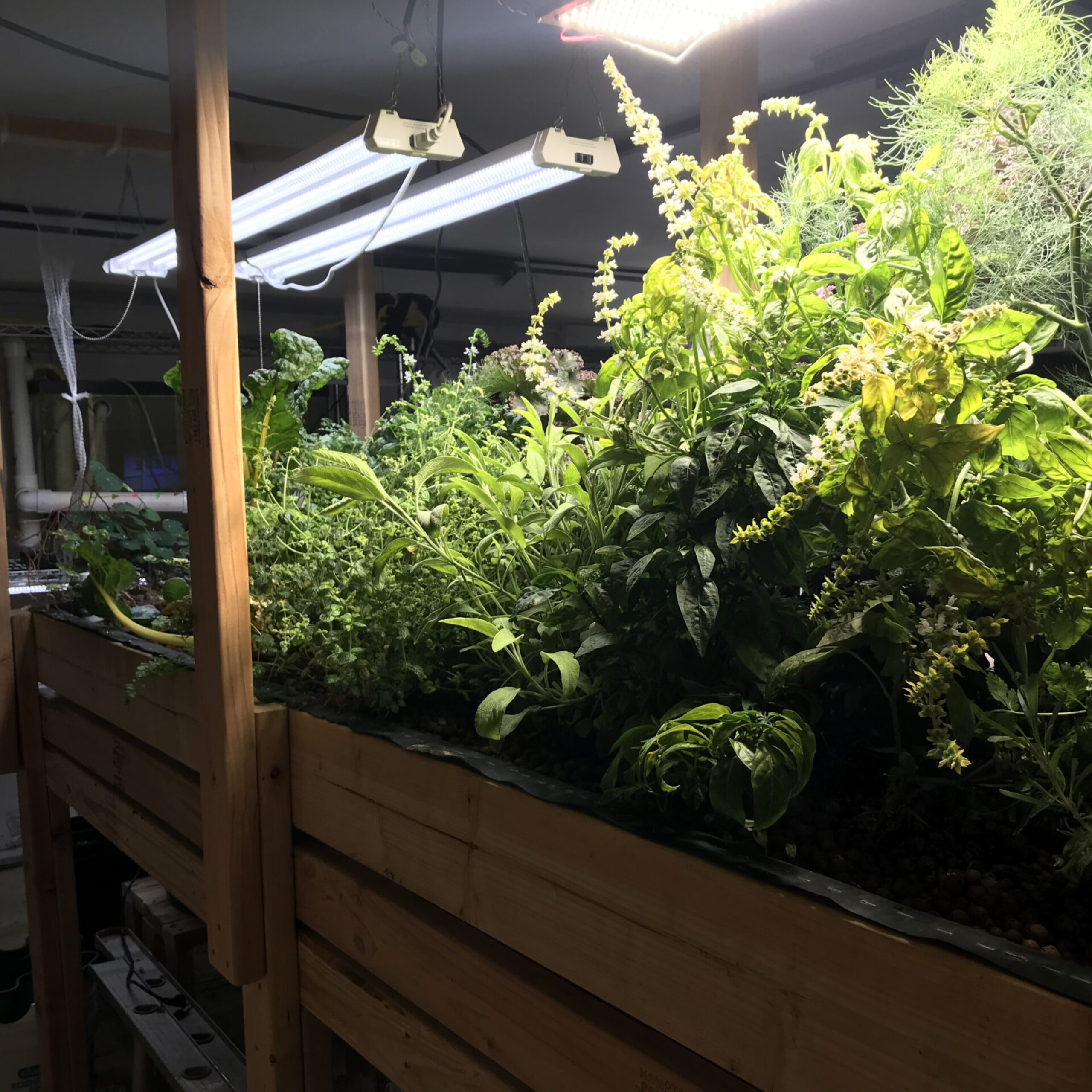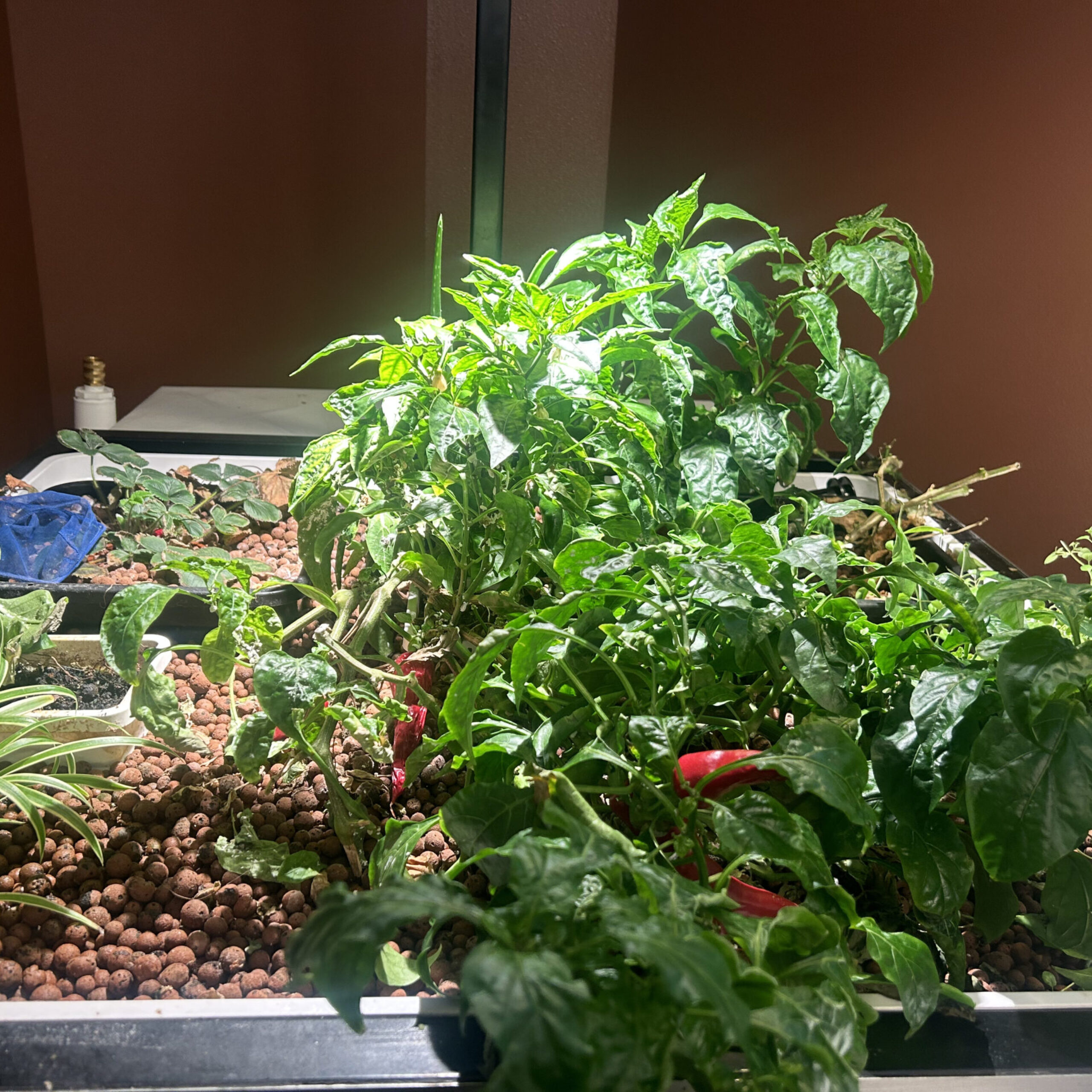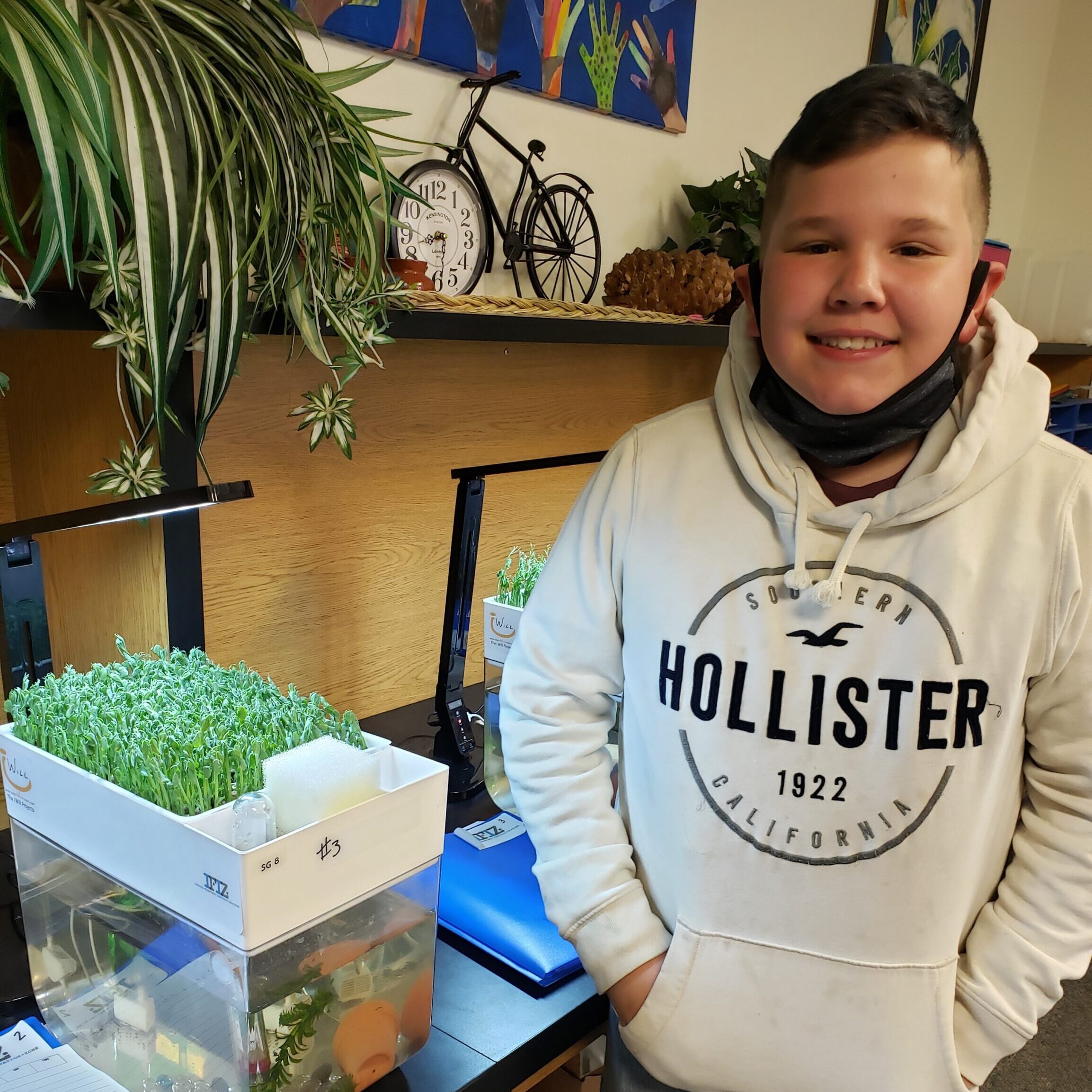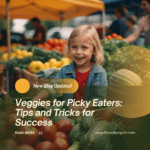“When diet is wrong, medicine is of no use. When diet is correct, medicine is of no need.”
– Ayurvedic Proverb
Table of contents
Introduction
The idea that Food is Medicine highlights the powerful connection between what we eat and how our bodies function.
Have you ever thought about food as more than just fuel? This principle, rooted in ancient wisdom, reminds us that our diet directly impacts how we feel and supports our journey to better health.
In this article, we’ll dive into the science and practical steps behind this transformative approach, helping you develop healthier eating habits that nourish your body and mind.
By the end, you’ll discover how your plate can become a vital tool in achieving lifelong wellness.

The Origins of Food is Medicine
The idea that food can heal isn’t just a trendy concept—it’s an ancient truth.
Hippocrates, often called the father of modern medicine, declared, “Let food be thy medicine and medicine be thy food.” But Hippocrates wasn’t alone.
Ancient Chinese Medicine and Ayurveda, two of the oldest medical systems, emphasize the role of diet in achieving balance and health.
For instance, Traditional Chinese Medicine views food as having specific energies—warming or cooling—and prescribes certain diets to treat ailments. Ayurveda categorizes foods into six tastes (sweet, sour, salty, bitter, pungent, and astringent) to support individual body types and prevent disease.
Modern science now confirms these ancient beliefs. Researchers have uncovered how certain foods actively support healing processes in the body by providing essential nutrients, fighting inflammation, and improving organ function.
The Connection Between Food and Health
Every bite you take has a direct impact on your health. Food isn’t just calories—it’s information.
The nutrients in your meals communicate with your body’s cells, influencing processes like metabolism, immunity, and even gene expression.
What Happens When You Eat Poorly?
Consuming too much processed food, sugar, and unhealthy fats creates a ripple effect of harm.
High sugar intake, for instance, leads to insulin resistance, a precursor to type 2 diabetes.
Processed foods are also linked to chronic inflammation, a silent contributor to heart disease, arthritis, and even cancer.
What Happens When You Eat Well?
On the flip side, a diet rich in fruits, vegetables, whole grains, and lean proteins promotes cellular repair, boosts immunity, and prevents illness.
For example, leafy greens like spinach and kale provide essential vitamins like K and C, which are crucial for blood clotting and tissue repair.
A compelling 2019 study in The Lancet revealed that diets high in whole grains, fruits, and nuts could prevent up to 20% of premature deaths globally.
Superfoods That Heal
While all whole foods contribute to health, certain foods stand out as nutritional powerhouses:
- Turmeric: Its active ingredient, curcumin, reduces inflammation and may ease symptoms of arthritis or even depression.
- Blueberries: These tiny berries pack a punch with antioxidants that combat oxidative stress, a factor in aging and disease.
- Garlic: Long praised for its heart health benefits, garlic also has antibacterial and antiviral properties.
- Salmon: Loaded with omega-3 fatty acids, it supports brain health and reduces the risk of heart disease.
Incorporating Superfoods:
You don’t need to overhaul your diet overnight. Add a handful of berries to your morning oatmeal or sprinkle turmeric into soups and stews. Over time, these small changes add up to significant health benefits.
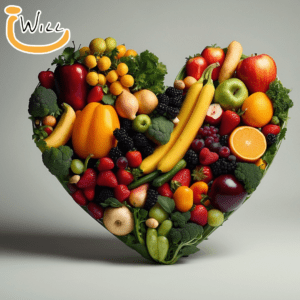
Using Food to Prevent Chronic Diseases
Chronic diseases such as diabetes, cardiovascular issues, and obesity are often preventable through diet. But how does food act as a shield against these illnesses?
Heart Disease Prevention:
A heart-healthy diet includes omega-3-rich fish, nuts, seeds, and plenty of fiber from whole grains and legumes. These foods lower LDL cholesterol while increasing HDL cholesterol, promoting overall cardiovascular health.
Diabetes Management:
Whole grains, leafy greens, and legumes are low on the glycemic index, meaning they don’t spike blood sugar. A steady intake of these foods can improve insulin sensitivity and reduce the risk of type 2 diabetes.
Cancer Prevention:
Certain compounds in foods, like the sulforaphane in broccoli, may help inhibit cancer cell growth.
A colorful plate—full of reds, greens, yellows, and purples—is not just visually appealing but also rich in anti-cancer nutrients.
Gut Health: The Foundation of Wellness
Your gut is a hub of activity. Housing trillions of microorganisms, it influences digestion, immunity, and even mental health.
The Microbiome Connection:
Foods rich in probiotics, such as yogurt and kimchi, introduce beneficial bacteria to your gut.
Prebiotics, found in bananas, onions, and garlic, feed these bacteria, keeping your digestive system balanced.
Why Gut Health Matters:
A healthy gut reduces inflammation, improves nutrient absorption, and can even lower your risk of autoimmune diseases.
Studies suggest a strong gut-brain connection, showing that a well-fed microbiome may reduce symptoms of depression and anxiety.
Anti-Inflammatory Diet Explained
Inflammation is your body’s natural response to injury or infection, but chronic inflammation can lead to serious health issues.
Foods like berries, nuts, olive oil, and fatty fish contain anti-inflammatory compounds that soothe this response.
A long-term commitment to anti-inflammatory eating can improve joint health, reduce the risk of chronic diseases, and even support longevity.
Foods That Boost Mental Health
Ever heard of “you are what you eat”? This extends to your mental state, too. Nutrients like omega-3 fatty acids, magnesium, and vitamin D are essential for brain function.
Brain-Boosting Foods:
- Salmon and walnuts: Provide omega-3s to enhance mood and memory.
- Leafy greens: High in folate, which may reduce the risk of depression.
- Dark chocolate: Contains flavonoids that boost blood flow to the brain.
A diet high in these nutrients has been linked to lower rates of depression and anxiety in several studies.

Customizing Nutrition for Your Needs
When it comes to health, one size does not fit all. Your dietary needs are influenced by factors like age, gender, lifestyle, and health conditions. For example, an athlete’s diet differs significantly from that of a sedentary office worker.
Personalized Nutrition:
Customizing your diet starts with understanding your body’s requirements.
For athletes, a higher intake of complex carbohydrates and proteins supports energy and muscle repair.
On the other hand, older adults may benefit from calcium-rich foods to strengthen bones and prevent osteoporosis.
Even genetic makeup plays a role. Nutrigenomics, the study of how nutrition affects gene expression, shows that certain foods can optimize individual health outcomes.
For instance, some people metabolize caffeine slowly, making even small amounts disruptive, while others are unaffected.
Consulting with a registered dietitian or nutritionist can help you create a personalized eating plan tailored to your specific needs and goals.
The Role of Herbal Remedies
Herbs and spices have been used as medicine for centuries. They’re a natural, accessible way to enhance your health while adding flavor to meals.
Top Healing Herbs:
- Ginger: Known for its anti-nausea properties, ginger also aids digestion and reduces inflammation.
- Peppermint: Helps alleviate digestive issues, headaches, and stress.
- Chamomile: A calming herb often used for better sleep and to soothe anxiety.
Herbs can be consumed fresh, dried, or as teas and tinctures.
For instance, a cup of ginger tea can soothe an upset stomach, while fresh basil can be added to meals for its anti-inflammatory benefits.
How to Start Your “Food is Medicine” Journey
Adopting a “Food is Medicine” approach can feel overwhelming at first, but it doesn’t have to be. The key is to start small and build habits over time.
Simple Steps to Begin:
- Audit Your Pantry: Replace processed snacks with whole-food alternatives like nuts, seeds, or dried fruit.
- Plan Balanced Meals: Aim for a plate that’s half vegetables, a quarter lean protein, and a quarter whole grains.
- Incorporate Variety: Explore new fruits, vegetables, and whole grains to keep meals exciting and nutrient-dense.
- Incorporate Variety: Explore new fruits, vegetables, and whole grains to keep meals exciting and nutrient-dense.
Consistency is more important than perfection. Even small changes, like drinking more water or adding a vegetable to each meal, can lead to significant improvements over time.
Addressing Misconceptions
There’s a lot of misinformation around the “Food is Medicine” philosophy.
Let’s clear up some common myths:
Myth 1: Healthy Eating is Expensive
While some superfoods can be pricey, staples like beans, lentils, oats, and seasonal vegetables are affordable and packed with nutrients. Meal planning and buying in bulk can further reduce costs.
Myth 2: You Have to Give Up Comfort Foods
The idea isn’t to deprive yourself but to find balance. Craving pizza? Make it at home with a whole-grain crust, fresh tomato sauce, and plenty of veggies.
Myth 3: It’s Too Complicated
Healthy eating doesn’t have to be elaborate. Simple meals like roasted vegetables with quinoa or a hearty lentil soup can be both easy and nutritious.
By addressing these misconceptions, we can make healthy eating feel approachable and achievable for everyone.
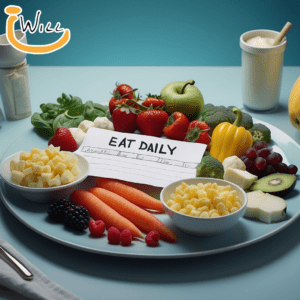
The Future of Medicine and Nutrition
The integration of nutrition into mainstream medicine is a promising frontier.
Advances in nutrigenomics and personalized medicine are paving the way for treatments tailored to an individual’s unique biology.
How Food Will Shape Medicine:
- Preventative Care: Doctors may increasingly prescribe dietary interventions to prevent chronic diseases.
- Healing Through Nutrition: Hospitals could expand their focus on therapeutic diets to aid recovery, such as anti-inflammatory menus for post-surgery patients.
- Tech Integration: Apps and wearable devices are making it easier to track nutrition and receive personalized recommendations.
The “Food is Medicine” movement is more than a trend—it’s a paradigm shift in how we view health and wellness.
Recipes for Better Health
One of the best ways to embrace the “Food is Medicine” philosophy is by preparing your meals at home.
Here’s a recipe to get you started:
Healing Lentil and Vegetable Soup

Ingredients:
- 1 cup lentils (red or green)
- 1 tbsp olive oil
- 1 onion, chopped
- 2 garlic cloves, minced
- 2 carrots, diced
- 2 celery stalks, diced
- 1 tsp turmeric
- 1 tsp cumin
- 4 cups vegetable broth
- 1 cup chopped spinach
- Salt and pepper to taste
Instructions:
- Heat olive oil in a large pot and sauté onions and garlic until fragrant.
- Add carrots, celery, turmeric, and cumin. Cook for 5 minutes.
- Stir in lentils and vegetable broth. Bring to a boil, then simmer for 20 minutes.
- Add spinach and season with salt and pepper. Simmer for another 5 minutes.
- Serve warm with a squeeze of lemon for added flavor and vitamin C.
This hearty soup is packed with fiber, protein, and anti-inflammatory spices—perfect for supporting overall health.
Practical Tips for Long-Term Success
Creating sustainable eating habits is key to long-term health. Here’s how you can stick to the “Food is Medicine” lifestyle:
- Meal Prep: Spend a few hours each week prepping ingredients or cooking meals ahead of time.
- Snack Smart: Keep healthy snacks like nuts, fresh fruit, and yogurt on hand to avoid unhealthy temptations.
- Stay Educated: Read labels and learn about the nutritional value of foods.
- Celebrate Progress: Small wins, like choosing water over soda, deserve recognition.
Healthy eating is a journey, not a race. Focus on progress, not perfection.
Conclusion
“Food is Medicine” is a life-changing concept that empowers you to take control of your health through nutrition.
By prioritizing whole, nutrient-dense foods, you can prevent disease, boost your energy, and enjoy a better quality of life.
Start small, stay consistent, and watch how your health transforms—one meal at a time.
FAQs
What does food is medicine mean?
“Food is medicine” means that the food we eat has the power to prevent, manage, and sometimes even reverse certain health conditions. It emphasizes the role of a nutrient-rich diet in supporting overall health and well-being, much like medicine helps treat or prevent diseases.
Can food cure diseases completely?
While food alone can’t replace medicine, it plays a crucial role in prevention and recovery. For some conditions, a nutrient-rich diet can complement medical treatments effectively.
What food is the best medicine?
No single food is the “best” medicine, as a balanced and diverse diet is key to good health. However, foods like leafy greens, berries, fatty fish, nuts, seeds, and whole grains are often considered highly beneficial due to their nutrient density and healing properties.
What are the top anti-inflammatory foods?
Foods like fatty fish, berries, nuts, olive oil (if not heated to a high degree), and leafy greens are excellent for reducing inflammation.
Why food is medicine?
Food is medicine because it provides the body with essential nutrients, antioxidants, and bioactive compounds that support bodily functions, reduce inflammation, and boost immunity. A healthy diet can prevent chronic diseases, enhance mental well-being, and promote a longer, healthier life.
How long does it take to see benefits from a healthy diet?
You may notice improvements in energy and mood within days, but significant health benefits like weight loss or reduced disease risk often take weeks to months.
What food is medicine?
Foods like fruits, vegetables, whole grains, legumes, nuts, seeds, and healthy fats are often referred to as “medicine” due to their ability to nourish the body, prevent illnesses, and aid in recovery. Specific examples include turmeric for its anti-inflammatory properties, garlic for heart health, and yogurt for gut health.
Is it okay to indulge occasionally?
Absolutely! Balance is key. Enjoying your favorite treats in moderation won’t derail your progress.
What’s the best way to encourage kids to eat healthily?
Make it fun! Offer colorful plates, involve kids in meal prep, and set a good example by enjoying healthy foods yourself.
The I Will Projects, a 501c3 Non-Profit, promotes diverse solutions for global challenges. Our IFIZ education programs, emphasizing aquaponics, and insect farming, empower communities through knowledge, collaboration, and sustainable innovation.
Disclaimer: This blog post provides general health and nutritional information. The author is not a medical professional, and the content should not be used as a substitute for professional medical advice, diagnosis, or treatment. Any application of the material provided is at the reader’s discretion and is their sole responsibility. If you have a medical concern or emergency, please consult with a healthcare provider.





